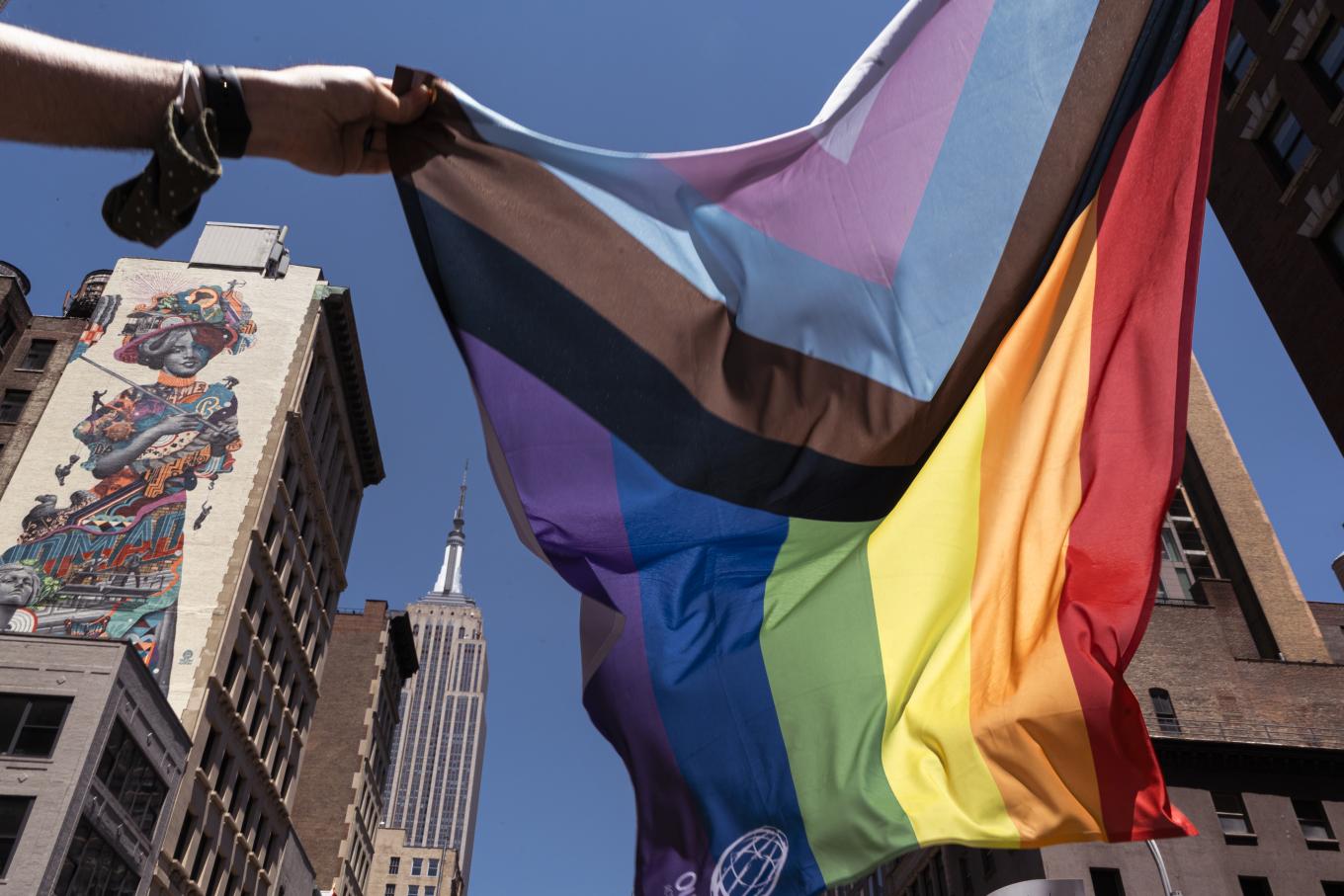
Country Overview
Comoros
At a glance
View more for this country:
In Comoros, same-sex intimacy is criminalized for men and women under Article 300 of the Penal Code of Comoros (2020), which punishes “any act of a sexual nature that is contrary to public decency or against nature…with imprisonment for a term of six months to two years and a fine of 100,000 to 300,000 francs.” There have been a few cases of arrests in recent years, including in 2022, when a video of two men engaging in same-sex sexual acts leaked on social media, allegedly leading to the first imprisonment for same-sex intimacy in the country. In June 2024, for the first time, two women were arrested and detained for same-sex intimacy after reportedly asking an Islamic preacher to marry them. In December 2024, the couple was convicted, sentenced to time served, and released from prison. The government has repeatedly refused to adopt recommendations by UN bodies and other states to decriminalize same-sex conduct.
There are no known LGBTIQ organizations in the country. While LGBTIQ organizing is not explicitly outlawed, the criminalization of same-sex intimacy poses barriers for LGBTIQ groups to register. Article 5 of Law No. 86-006/AF (1986) prohibits the establishment of associations founded on an “unlawful cause or for an unlawful purpose, contrary to the law or public morals.”
LGBTIQ people in Comoros are not protected from discrimination and violence based on sexual orientation, gender identity, gender expression, or sex characteristics. There is a dearth of information on LGBTIQ people in the country, but available reports indicate that some LGBTQ people in Comoros are rejected by or excluded from their families, neighborhoods, or villages due to their sexual orientation or gender identity. Another report found that LGBTIQ people in the country “generally did not publicly reveal their sexual orientation or gender identity due to societal pressure.” In a 2023 survey, only 26 percent of people surveyed in Comoros believed that their area of residence is a good place to live for gay or lesbian people.
Trans people are not allowed to change their legal gender markers, while intersex infants and children are not protected from non-consensual medical interventions seeking to “normalize” their bodies. As of 2023, there were no known reports of surgeries or invasive procedures being performed on intersex minors or adults.
*Outright research indicates that the bodily autonomy of intersex people is not respected and protected in this country.
Global Impact
Sub-Saharan Africa
Outright supports LGBTIQ organizations in Sub-Saharan Africa and works with mainstream human rights organizations to respect human rights and influence positive changes in laws, policies, attitudes and beliefs that cause discrimination against LGBTIQ people.
United Nations
Our work at the United Nations centers around advocating for the advancement of the rights of LGBTIQ people.
View this regionAsia
Our work in Asia promotes acceptance of sexual and gender diversity at all levels of society.
View this regionSouthwest Asia and North Africa
In the Southwest Asia and North Africa, we partner with local groups in various countries as part of our international solidarity work. We also work with our local partners on different topics through capacity building, advocacy, research and holistic security.
Europe and Central Asia
Outright International partners with activists to fight for an end to human rights violations based on sexual orientation, gender identity and gender expression in Europe and Central Asia, where most of our work involves emergency responses to harassment, discrimination, violence, and most recently, Russia’s brutal and expanded invasion of Ukraine.
Americas
Our work in the Americas continues to build on the fundamental and positive transformation of human rights protections in recent years. We partner with groups in the Caribbean that focus on ending gender-based violence and eradicating discrimination against trans people.
Pacific
Our work in the Pacific aims to increase the visibility of activists, respond to human rights emergencies, and actively bridge local, regional, and international activism to achieve equality and justice.
Global
View this region
Human Rights Research
Since 1990, we have partnered with activists from all over the world to produce hundreds of groundbreaking reports.
Read Our Reports